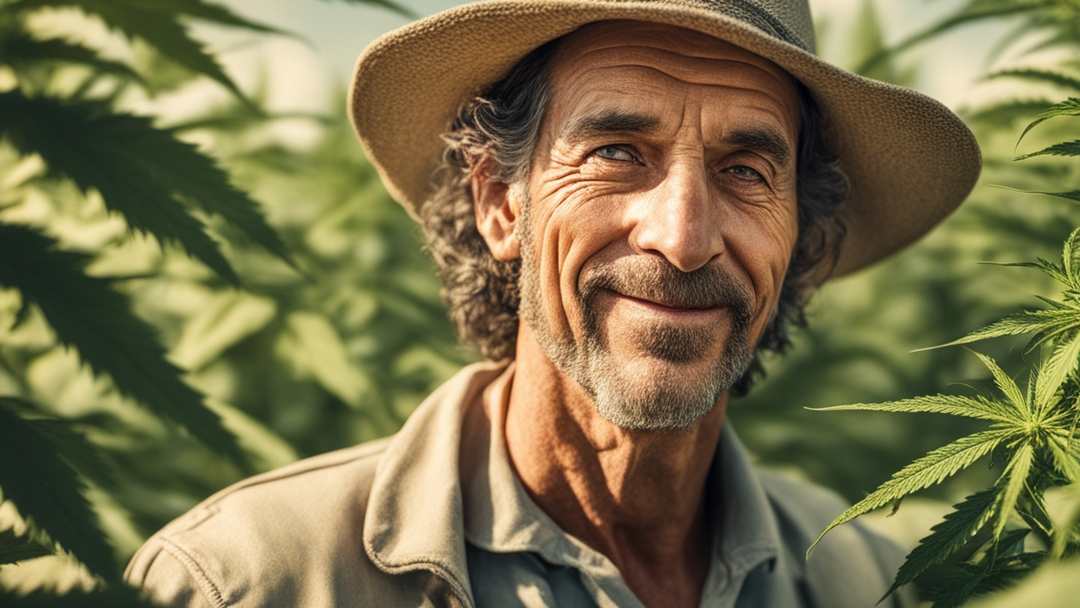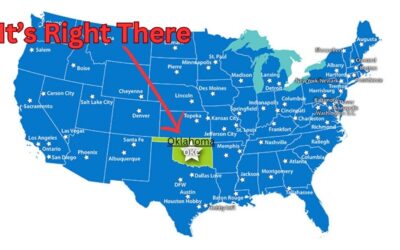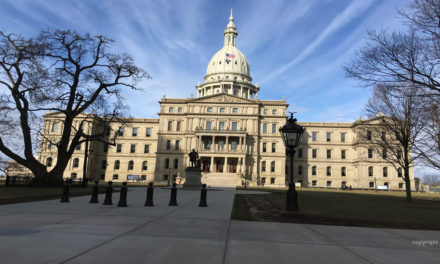A Victory for Cannabis Farming as Agriculture in Michigan
In the realm of legal battles shaping the future of cannabis cultivation, HRP Cassopolis, LLC v LaGrange Township Assessor stands out as a pivotal case in Michigan.
This landmark litigation has profound implications for the classification of cannabis farming as agriculture, challenging entrenched perceptions and paving the way for a more inclusive interpretation of state tax laws.
At the heart of the dispute lies a fundamental question: does growing cannabis qualify as an agricultural operation under Michigan law?
The genesis of the case lies in the Michigan State Tax Commission’s contention that cannabis cultivation does not meet the criteria outlined in MCL 211.34c(2)(a) for classification as an agricultural operation.
This statute defines agricultural operation as land “used for agricultural purposes, including, but not limited to, the production of field crops, livestock, poultry, fruit, and nursery stock.”
Historically, the commission has argued that cannabis, despite its cultivation practices mirroring those of traditional agriculture, falls outside the scope of this definition due to its federal illegality and lack of historical precedent.
Ultimately, the Michigan Court of Appeals ruled in favor of HRP Cassopolis, LLC, affirming that cannabis cultivation qualifies as an agricultural operation under MCL 211.34c(2)(a).
HRP Cassopolis, LLC, a cannabis cultivation facility, challenged this interpretation, asserting that their activities undeniably align with the definition of agriculture outlined in MCL 211.34c(2)(a).
They argued that cannabis, like any other crop, requires cultivation, care, and harvesting, making it an agricultural product by every measure.
Moreover, with the legalization of medical and recreational cannabis in Michigan, they contended that the state should recognize and treat cannabis cultivation similarly to other lawful agricultural practices.
As the legal proceedings unfolded, the case moved through various stages of appeals, with each level of the judiciary scrutinizing the interpretation of Michigan’s tax laws in the context of cannabis cultivation.
The arguments presented by both parties delved into the nuances of agricultural operations and the evolving landscape of cannabis regulation in the state.
Central to the appeals process was the question of whether cannabis cultivation meets the essential criteria of an agricultural operation as outlined in MCL 211.34c(2)(a).
This statute encompasses a broad spectrum of agricultural activities, including the production of field crops, livestock, poultry, fruit, and nursery stock. However, it does not explicitly mention cannabis, leaving room for interpretation and debate.
HRP Cassopolis, LLC and its legal team argued persuasively that the intent of the statute is to encompass any activity involving the cultivation of land for the purpose of producing a crop, irrespective of the specific type of crop.
They emphasized that cannabis cultivation involves all the hallmarks of traditional agriculture, from planting and nurturing to harvesting and processing, thus meeting the statutory definition of an agricultural operation.
Conversely, the Michigan State Tax Commission sought to differentiate cannabis cultivation from traditional agriculture, citing federal illegality and historical stigma as grounds for exclusion. They contended that while cannabis may share some similarities with other crops, its unique legal status and regulatory framework warrant a separate classification outside the realm of agriculture.
Ultimately, the Michigan Court of Appeals ruled in favor of HRP Cassopolis, LLC, affirming that cannabis cultivation qualifies as an agricultural operation under MCL 211.34c(2)(a). In its decision, the court recognized the evolving nature of cannabis regulation in Michigan and the need for a flexible interpretation of agricultural statutes to accommodate emerging industries.
The significance of this ruling cannot be overstated. By officially recognizing cannabis farming as agriculture, the court has extended important tax benefits and protections to cannabis cultivators, leveling the playing field and fostering the growth of a nascent industry. This decision not only sets a precedent for future cases but also reflects a broader shift in societal attitudes towards cannabis and its place within the agricultural landscape.
In conclusion, HRP Cassopolis, LLC v LaGrange Township Assessor represents a significant milestone in the ongoing evolution of cannabis regulation in Michigan. By affirming the legitimacy of cannabis cultivation as agriculture, the ruling signals a departure from outdated perceptions and sets the stage for a more inclusive and equitable approach to cannabis policy. As the cannabis industry continues to mature, it is essential for lawmakers and regulators to adapt to these changes, ensuring that cannabis farmers receive the recognition and support they deserve.
As always… Follow the money. If you can.
More Posts
Smell of marijuana no longer legal grounds for search?
Michigan Supreme Court: Smell of marijuana no longer legal grounds for search of a vehicle. Police...
California Supreme Court De-Publishes Ruling that Prioritized Federal Cannabis Policy Over State Reforms
The California state Supreme Court has de-published a prior ruling that said cannabis was illegal...
Is the Marijuana Legalization Experiment Going Up in Smoke?
America's Marijuana Legalization Experiment Is Going Up in SmokeWhen marijuana legalization first...
The Texoma High Intensity Drug Trafficking Area (HIDTA)
MARIJUANA IN OKLAHOMA TEXOMA High Intensity Drug Trafficking Area ReportPurposeAfter direct...
Michigan Judge finds cannabis testing labs run by ex-cops violated testing results
Playing the Zig Zag CardViridis Laboratories has faced allegations of inflating THC levels and...
Ordinance would allow for unlimited marijuana shops in Warren
Let the games begin. Government -vs- Politicians -vs- Law Enforcement -vs- Taxes -vs- Businesses...

















